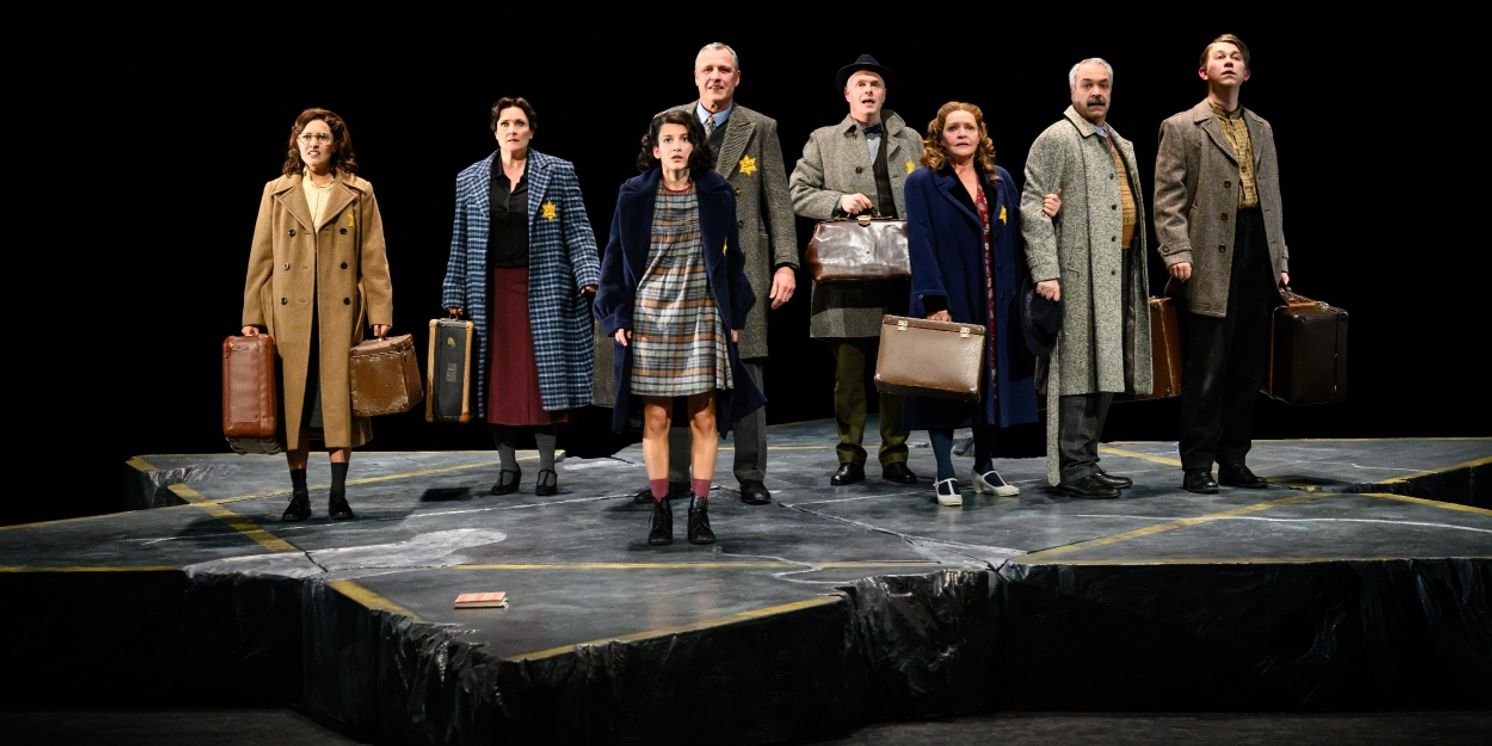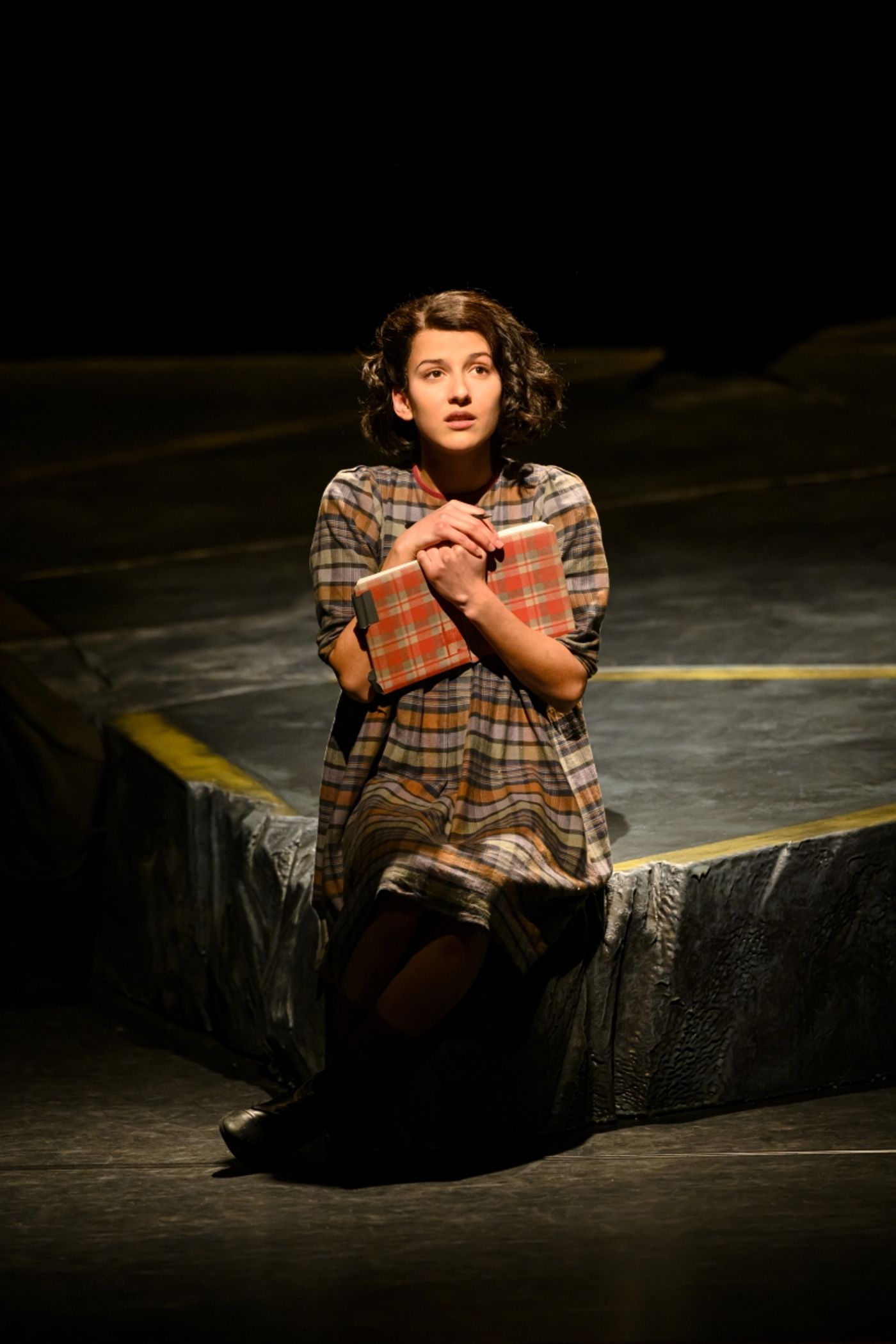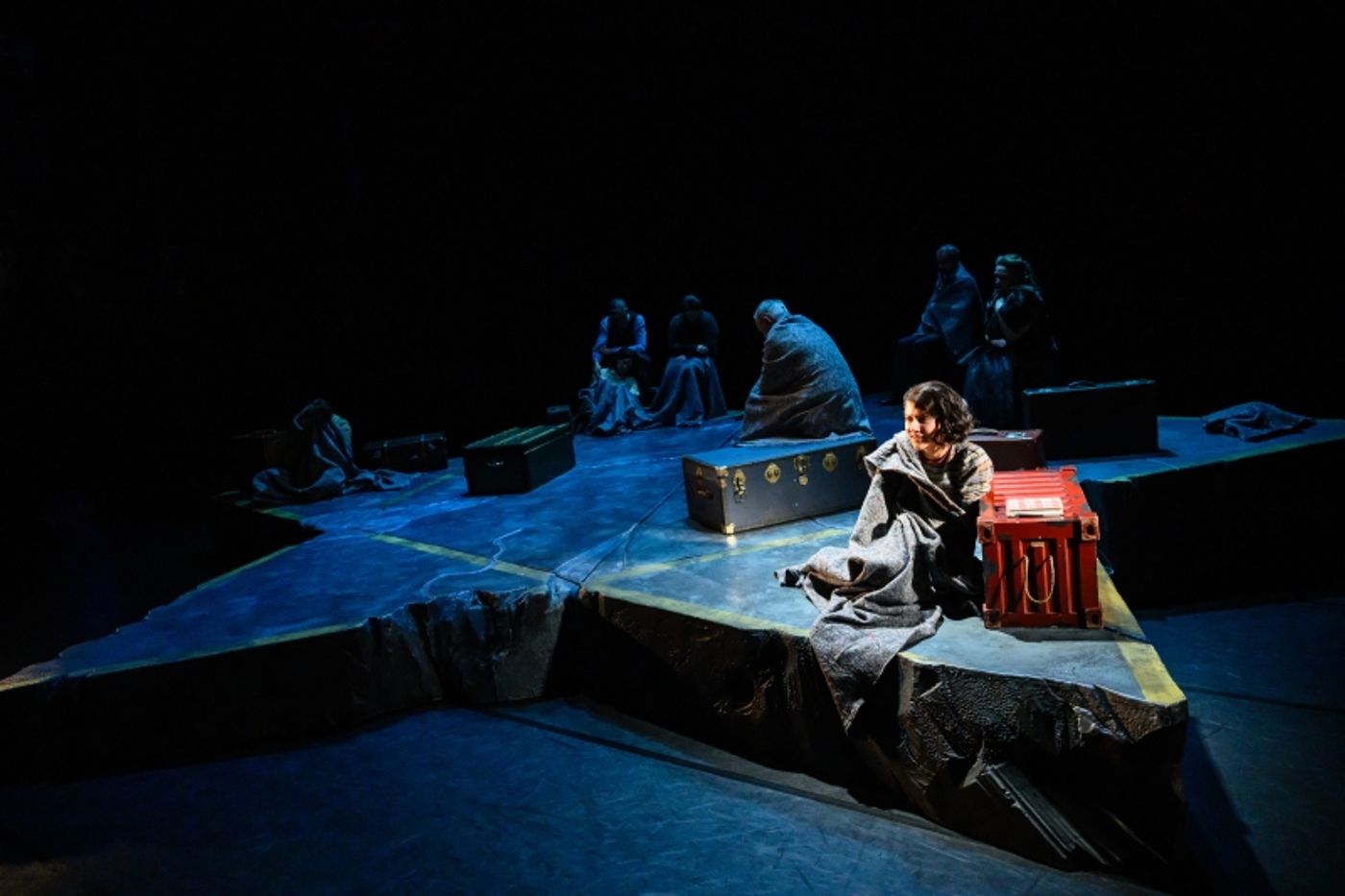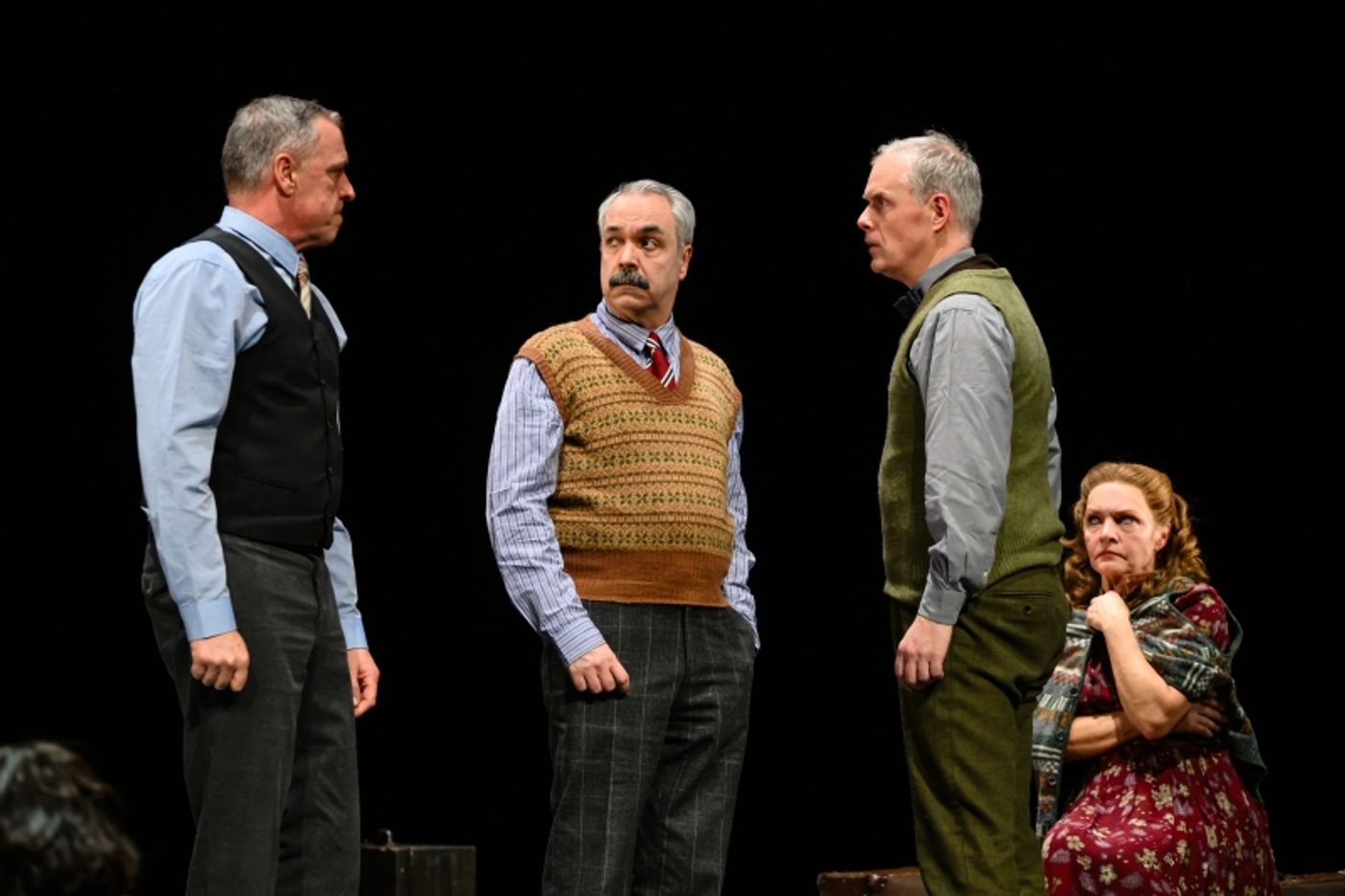Review: JE ANNE – An Intimate yet Slightly Tedious Portrait of Anne Frank ⭐️⭐️⭐️ at Schouwburg Amstelveen
Her name and legacy still lingers, her diary of her time in The Secret Annex aka Het Achterhuis is published in more than 70 languages.

Anne Frank. Her name and legacy still lingers, her diary of her time in The Secret Annex aka Het Achterhuis is published in more than 70 languages.

During WOII, Anne, father Otto Frank, mother Edith Frank, sister Margot, family Van Pels (Hermann and Auguste, together with son Peter) and later dentist Fritz Pfeffer went in hiding in July 1942 until August 4th 1944, when they were ill-fatedly discovered by the Nazi’s. To this day it remains uncertain whether or not they were betrayed, or their discovery was by coincidence.
Only Otto Frank survived the horrors inflicted by the Nazis, and was the sole survivor from all the Secret Annex’s residents. Upon his return, Miep Gies, who whas one of the helpers of Het Achterhuis and former employee of Otto, returned Anne papers to Otto, including her diary, after learning that Anne would not come home.

Je, Anne (meaning: yours, Anne) was a great succes in 2010 when Mark Vijn Theaterproducties first produced this musical. Director Frank van Laecke (both director in 2010 as this new version), who is also partially reponsible for the translation, set and lighting design can only repeat this succes to an certain extent. The stage is designed as the Star of David, which functions as the Secret Annex. A strong symbolic design of course, which bears a substantial gravitas in itself.
And yet, this rendition of Je, Anne doesn’t leave you with a big lump in your troat, nor an aching in your heart.
It states on the production’s website that it is a clear choice not to dramatize, make additions/alterations to the factual story. However honorable that choice may be, it’s still a musical. The story develops very slowly and misses, because of this choice, a sense of urgency. The fear, the feeling of slowly going crazy, of being locked up, of all the little and big annoyances the families had towards each other, aren’t really felt and only flare up in short scenes, and seem to dissapear as the story unfolds.
The music is created by Michael Cohen (lyrics by Enid Futterman), in general a sober yet melodic musical score. It lacks a more classic musical theatre structure, with classic I want songs, a 11’oclock number and a finale, which is logical at the same time, as the story of Anne Frank really doesn’t need a glamour feel. Nonetheless, it’s more a musical frame than anything else, making the songs interchangable. In the ensemble numbers, the music is best be shown to its’ full advantage. The harmonic flow of the cast is very well done. That being said, the sound design needs a little adjustment, as the mics from the actors had a pretty significant echo, not only in the back of the theatre, but throughout the auditorium.

The musical is more than anything an ensemble piece, despite what the title may suggest. Yes, it’s about Anne and her journey, but in general it’s about human suffering, the horrors of WOII, the humanity rising above it, and an important lesson that needs to be in our collective memory, especially given the state of the world as it is. We shall not forget. Staying factual is a bold choice, as we, the audience, know the facts. Therefore a little extra depth in the emotional journey of the characters would have been wonderful. Not as an effect or trying to dramatize for no reason, but as a way of storytelling which makes the dramatic events in itself stick. Stating the facts is not why we need theatre.
Cast:
Silvana Rocha Anne Frank
Chris Tates Otto Frank
Marleen van der Loo Edith Frank
Floor Brüggenwirth Margot Frank
Wim van den Driessche Hermann van Pels
Mariska van Kolck Auguste van Pels
Sem Konijn Peter van pels
Jasper Kerkhof Fritz Pfeffer
Photo credits: Annemieke van der Togt
Reader Reviews
Videos


